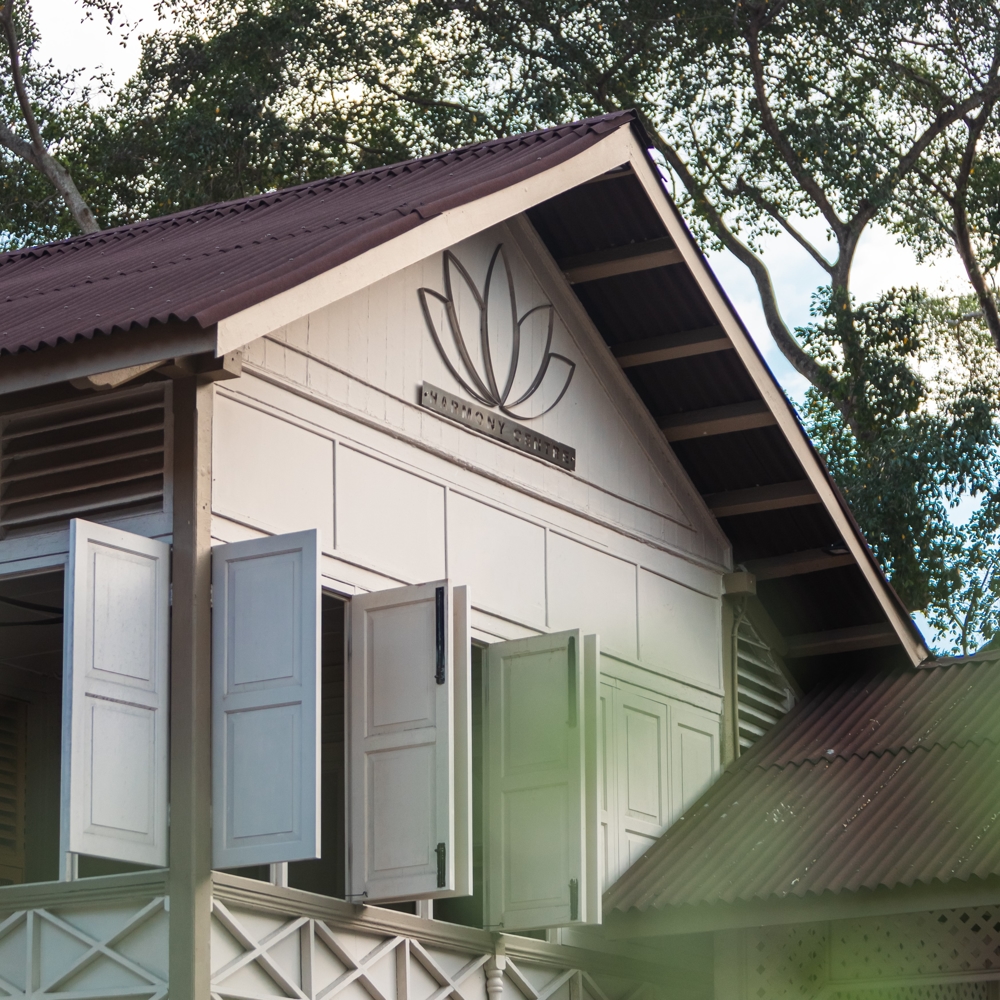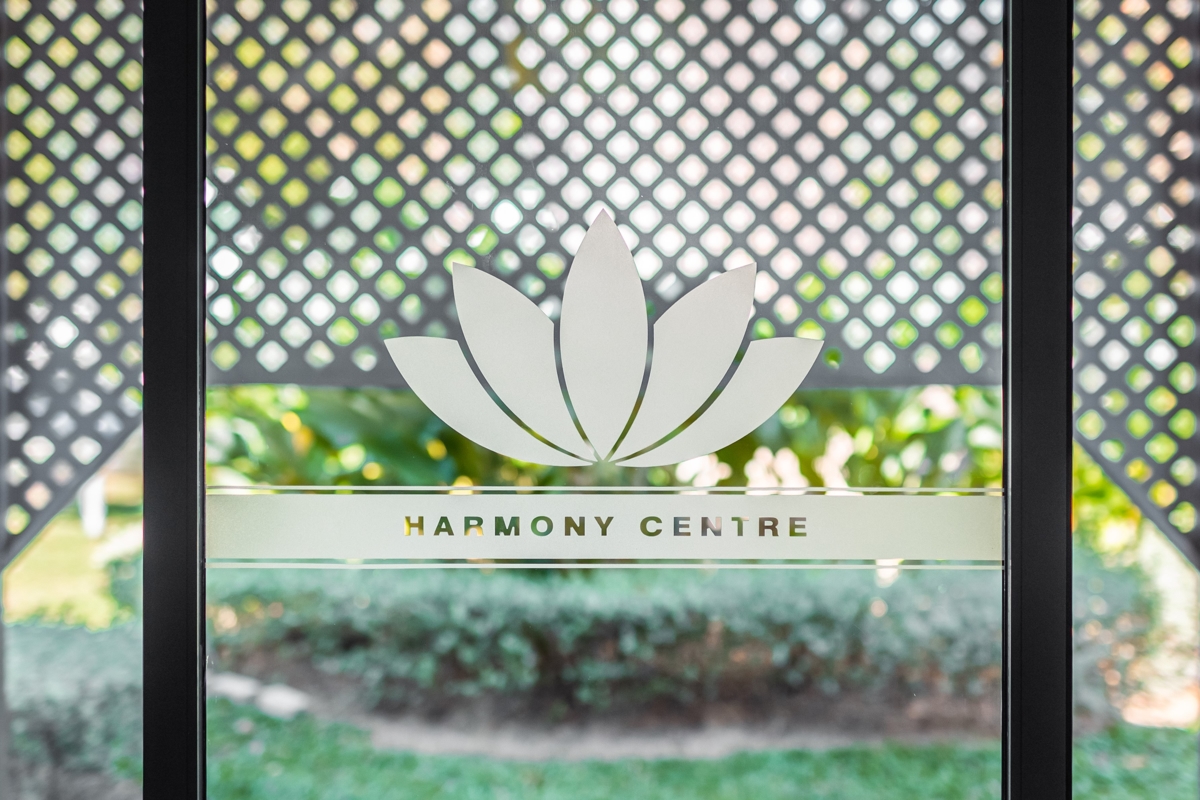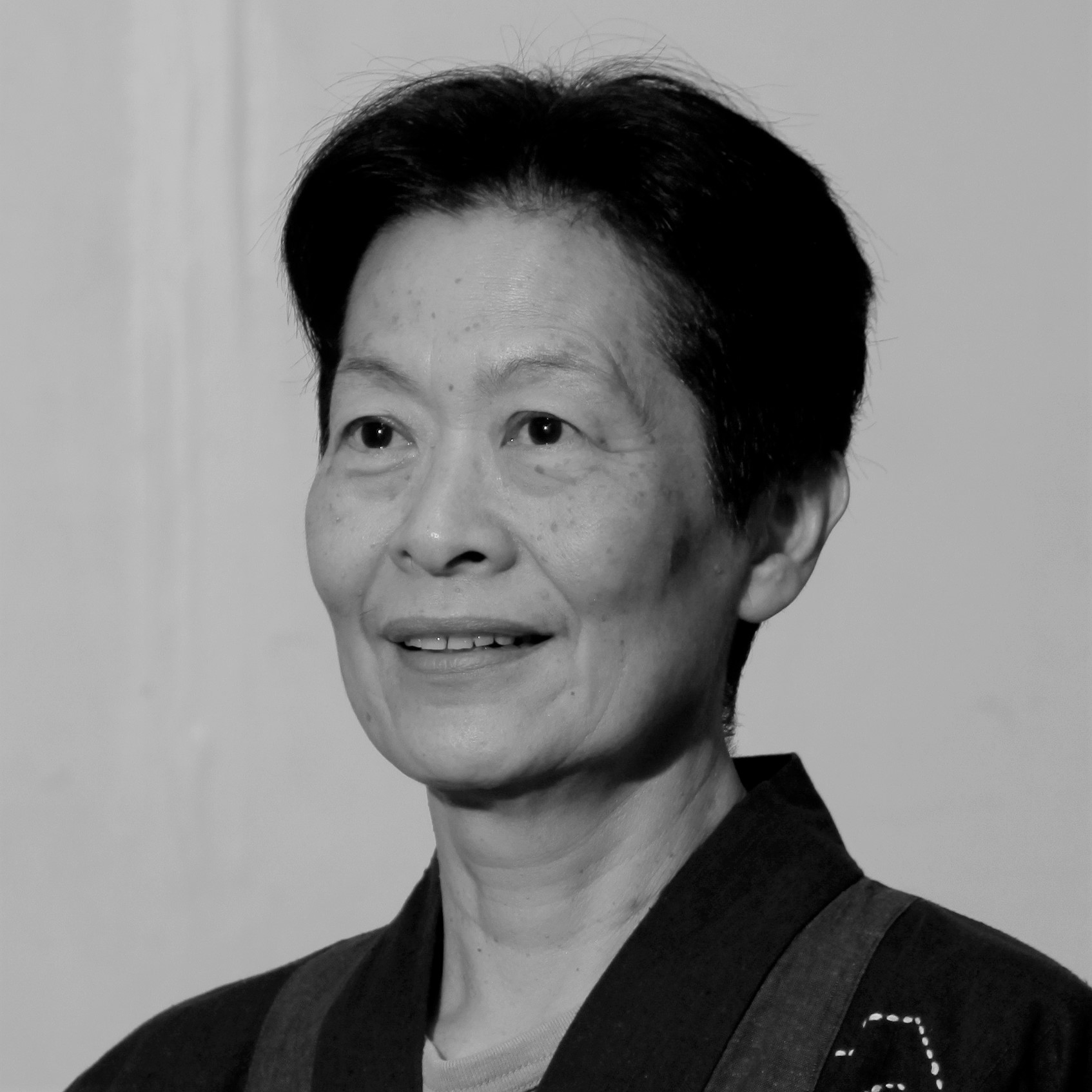JALAN MASJID KAPITAN KELING is often called the Street of Harmony, where four houses of worship can be found in close proximity – all within the 800m range. Starting from St. George’s Church at the junction from Lebuh Farquhar, followed by Kuan Im Teng (Goddess of Mercy Temple), Sri Mahamariamman Temple and Masjid Kapitan Keling, they have been an easy expression of Penang’s society – a testament that harmony can be achieved between those of different religious beliefs.
Though these worship sites have stood tall for decades, one should not forget that investing to protect and ensure racial harmony is hard work. The multiracial and multi-religious cohesiveness we enjoy now must not be taken for granted.
When looking into houses of worship, we saw that the building and management of mosques, along with other Muslim community needs, are met through established government departments such as Jabatan Hal Ehwal Agama Islam Pulau Pinang (JHEAIPP). Meanwhile, non-Muslim houses of worship such as temples, gurdwaras and churches have no “overseeing” agency to communicate their needs and issues to the state government.







